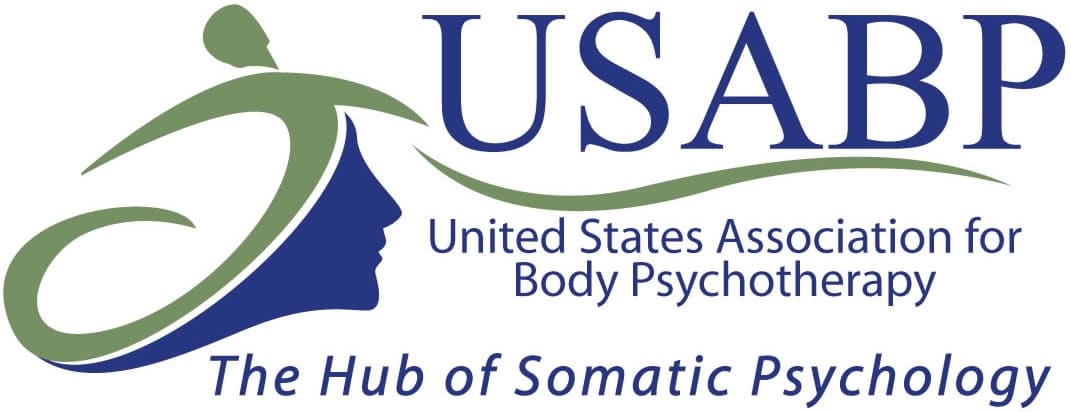Family bonds extend beyond shared genetics or living under the same roof. The power of family discovering the bonds that unite us lies in the emotional support, lasting memories, and resilience they foster. This article delves into the significance of these connections, how they contribute to lifelong happiness, and offers insights into the varied ways families are formed today.
Key Takeaways
- Family transcends biology; it’s about emotional connections, support, and shared experiences.
- Diverse family structures reflect societal evolution, prioritising love and respect over traditional ties.
- Quality interactions within families significantly boost happiness and well-being, highlighting the importance of nurturing these relationships.
The Meaning of Family
Traditionally, the family unit is seen as a group connected by blood ties, marriage, or adoption, usually including parents and their children, as well as any family member. This conventional view forms the backbone of many societal structures, stressing the significance of the power of family, family ties, family traditions, and shared living spaces. Yet, this barely scratches the surface of what family truly encompasses.
The Importance of Family
Family is the cornerstone of our lives, providing the foundation upon which we build our personal identities and navigate life’s challenges. Family’s significance goes beyond biological ties; it includes emotional support, personal growth, and the ability to create lasting memories. Living in such an environment is particularly beneficial for the development of young children and the happiness of all family members.
Expanding the Definition of Family
With societal evolution comes a broader understanding of family. Today, families manifest in various forms, reflecting evolving societal norms and embracing diverse structures. This broader definition acknowledges that family is defined by emotional bonds and shared experiences, not just biological connections. Families are created every day through various means, including blood ties, birth, union, religion, culture, adoption, and even friendships.
A True Family: Bonds Beyond Blood
True family transcends biological ties, encompassing relationships founded on love, support, and mutual respect. Such bonds with friends, mentors, and chosen family members play pivotal roles in our lives, fostering meaningful connections. When we accept one another with all our faults and weaknesses, respecting each other’s individuality, and fostering understanding and effective communication, we create a bond as strong as any other family relationship.
What To Do If Your Bonds Are Strained or Broken
If you find that your family bonds are strained or broken, seeking help through family counselling can be a beneficial step. Family counselling provides a supportive environment where family members can engage in open communication, address underlying issues, and work towards rebuilding trust and understanding. Qualified counsellors can guide you through the process of healing, offering strategies to improve family dynamics and emotional connections. By prioritising mutual respect and effective communication, family counselling can help restore the power of family, fostering a nurturing environment that supports overall well-being and personal growth. Remember, reaching out for professional support is a positive step towards strengthening your family ties and creating lasting memories.
Conclusion
In the words of an unknown author, “When everything goes to hell, the people who stand by you without flinching – they are your family.” Family dynamics significantly enhance individual well-being and happiness. Quality family interactions, such as shared experiences and mutual support, greatly contribute to overall life satisfaction. Navigating modern life’s complexities, the profound impact of family remains evident. Effective communication, mutual support, and shared experiences within families are crucial for fostering happiness and overall well-being. Prioritising these aspects of family life helps create a nurturing environment that sustains us through life’s challenges, providing unwavering support. Cherish the bonds that unite you with your loved ones, whether by blood, marriage, or friendship, and embrace the power of family in your life.
family is the cornerstone of our lives, providing the foundation for emotional well-being, personal development, and lifelong happiness. From traditional definitions to modern perspectives, the concept of family has evolved to encompass a diverse range of structures and relationships. The true essence of family lies in the profound connections we form, whether through blood or choice. These bonds offer unwavering support, unconditional love, and a sense of belonging that enriches our lives. By embracing the diversity of family forms and prioritising mutual support and effective communication, we can foster a nurturing environment that promotes happiness and well-being.
Frequently Asked Questions
What defines a family in modern society?
A family in modern society is defined by emotional bonds and caregiving roles rather than just biological ties. Embrace the diverse forms of family that reflect love and support in your life!
How do families contribute to personal development?
Families significantly enhance personal development by offering emotional support and nurturing resilience while promoting academic growth and instilling important values. Embrace the positive influence of your family to unlock your full potential!
What is a chosen family?
A chosen family is a group of people who create strong, supportive bonds that go beyond biological ties. Embrace these connections, as they can offer you love and belonging when you need it most!
Why is unconditional love important in a family?
Unconditional love is crucial in a family as it creates a safe haven where everyone feels accepted and valued. This strong foundation supports personal growth and strengthens family bonds, enabling each member to thrive.
How can we foster strong family bonds?
To foster strong family bonds, prioritise effective communication, mutual support, and quality time together. Engaging in traditions and creating lasting memories can truly enhance your family’s emotional connections.
Related Posts
Fees And Rebates
We offer cost-effective solutions that can fit within your budget. The insights and skills acquired in therapy can continue to positively impact mental and emotional health long after the therapy sessions have ended, making it a truly worthwhile investment in yourself.















